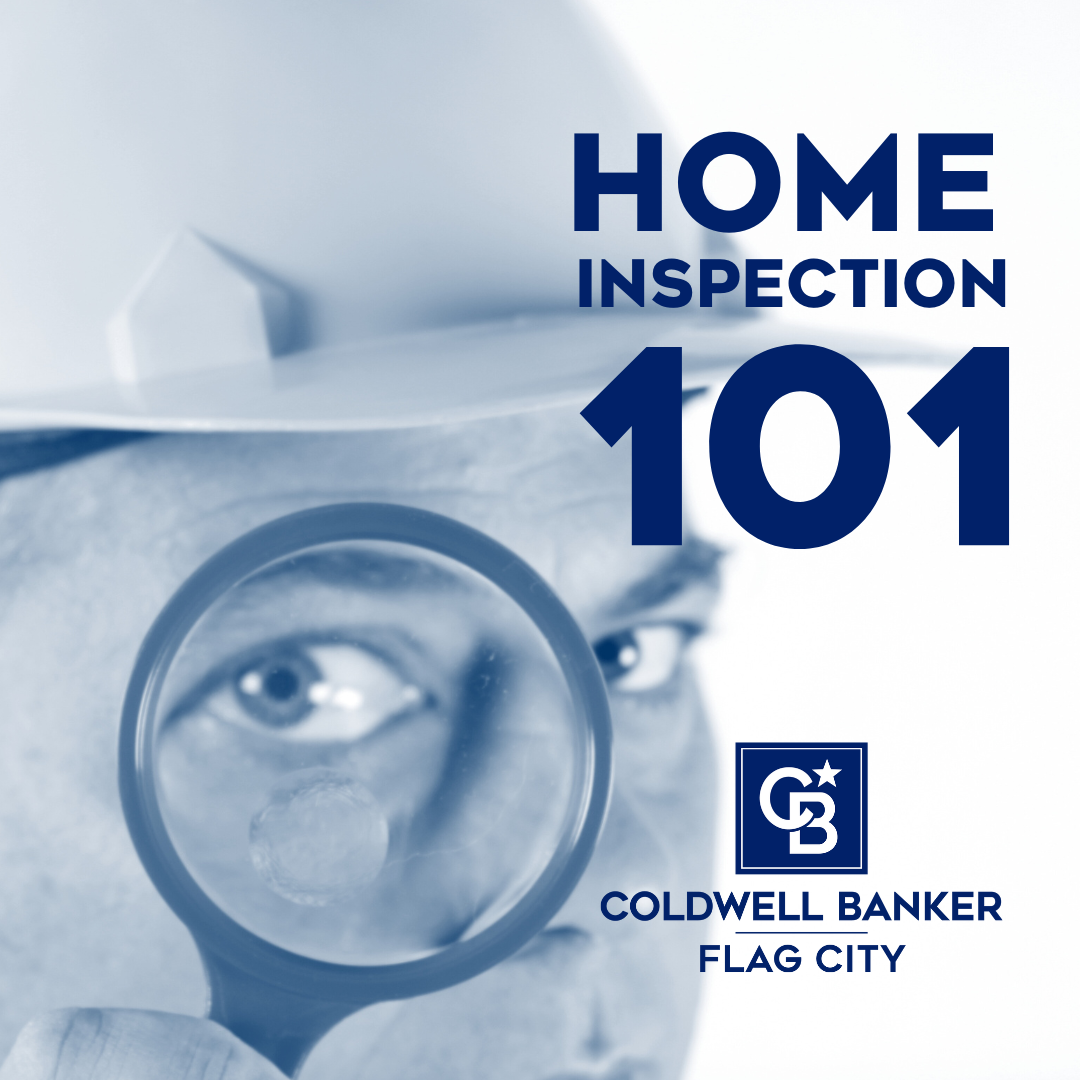5 OVERLOOKED SPRING MAINTENANCE TASKS FOR HOMEOWNERS

For many households, spring cleaning is a ritual that marks the beginning of the warm weather months—and a fresh start after a winter holed up inside. You may be planning on cleaning out your closets, scrubbing out a few forgotten corners, and finally organizing the garage this year…but there are a few important spring maintenance tasks you may not have on your list. (Or maybe they are on your list, but always somehow land at the bottom.)
This year, we’ve got five often-overlooked spring maintenance tasks for you to put at the very top of your checklist. If you make these jobs a priority, they’ll make a big difference in keeping your home feeling clean and safe all year long. Stay with us all the way to the bottom for some bonus ideas you can read up on right here at FlagCity.com!
Check out your garden hose and sprinkler system
Step one to keep any sprinkler system in top shape? Don’t use it too early! Remember that the ground where your system is buried may not be completely thawed, just because everything on the surface is. It’s a good idea to do a quick dig to make sure the soil is free of frost so you don’t damage your pipes by running water through them too soon.
Next, look for any debris like small rocks or dirt buildup that could affect the flow of water when you turn your system on. If any valves, nozzles, or sprinkler heads look damaged, now is the time to replace them! When you are ready to test the system, make sure the pressure is set to an acceptable range and open the main valve slowly to avoid an initial high-pressure surge that could damage your pipes and/or valves.
If you don’t have a sprinkler system, you probably still have a garden hose. Hopefully you emptied it and stored it inside over the winter, but if not, no problem! You can check now for any cracking or leaks and repair them with a patch kit. Ideally, you’ll store it out of direct sunlight during the warmer months to keep additional cracking to a minimum.
Give your windows a little extra attention
Window washing may already be on your list, but don’t forget to clean the window sills, tracks, and screens, as well. Aside from the nice appearance, clean tracks and sills may help keep pests away and discourage mold growth. And of course, screens do their job best when they are in good shape.
To clean window and sliding door tracks:
- Vacuum out as much dry dirt and debris as you can
- Spray a cleaning solution and let it sit for a few minutes
- Use a small brush or sponge to clean out tough-to-reach spots
- Gently rinse the area, if needed, and wipe off the residue by hand with a cloth
- If you see any evidence of mold, call a professional!
To clean your screens:
- Remove them from the frame
- Use mild, soapy water and a cloth, sponge, or brush to gently scrub the screens
- Rinse your screens and dry them completely
- Replace the screens into your frames!
Clean out your major “cleaning” appliances
You may think your dish and clothes washers stay pretty clean because, well, that’s what they do. But these machines can actually get very dirty indeed, just from the sheer amount of use they get. Spring is the perfect time to give your major appliances a little TLC, so clean out your dishwasher filter, give the drain pump filter on your washing machine a good rinse, and do a deep clean of your dryer’s lint trap, exhaust hose, and outside vent.
These chores take less time than you would think, and they help your appliances to run more efficiently and use less energy, possibly lowering your bills! In the case of your dryer, it can also avoid turning your home into a giant fire hazard. To get a full clean, wash out your machines with hot water and vinegar too or buy a dedicated cleaner to run through an empty cycle.
Do some spring maintenance on your fireplace
Did you relax by a picturesque, roaring fire this winter? Then you’ll probably need to add your fireplace and chimney to the list.
The fireplace is mostly a matter of elbow grease. If you choose to do it on your own, it can be a messy task, so lay out a covering and wear old clothes and a dust mask as you work! Wait until the fireplace is completely cooled after your last fire of the season and sweep the dust, soot, and ash into a bag or trash bin. Then use a brush attachment on your vacuum to remove any remaining bits from the corners and edges. Finish up with a deep scrub, but make sure you use a cleaning solution that’s suitable for your fireplace’s particular material.
Chimneys can be tricky—although you can maintain them yourself if you are comfortable. Regardless, they should be cleaned (or at least inspected) annually for safety.
Clear your gutters and downspouts
Clean gutters direct water away from your roof, house, and foundation. But unless they are cleared out during certain times of the year, leaves, dirt, and twigs can clog the system. That could lead to pooling and, eventually, water damage to your home. A good cleaning before the spring rains come in should keep everything flowing where it’s supposed to.
After you empty any debris that has accumulated in the gutters, pour some water through the downspout to check for clogs. If the water doesn’t come out on the other side (or only trickles through), seal the top around your hose and turn it all the way on. The pressure should send your clog right out! If not, you can try removing it by hand or with a plumbing snake.
Want to know what else you can do?
These overlooked spring maintenance tasks may not be the first things you think of as a homeowner, but they’re an important part of keeping your home clean and safe throughout the year. For more spring upkeep ideas on your home, check out our guides to early spring lawn care, getting your air conditioner ready for action, and deciding whether your roof is due for a replacement or repair.


 Facebook
Facebook
 X
X
 Pinterest
Pinterest
 Copy Link
Copy Link




